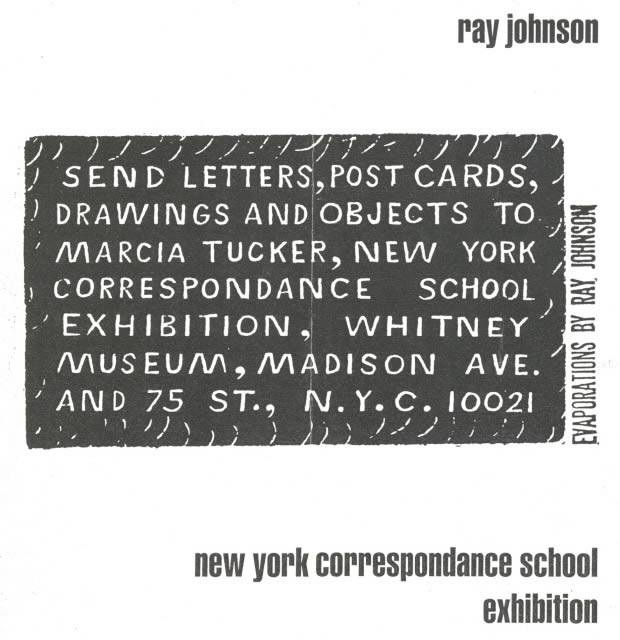While working on the projects previously covered in this series of posts, I was also fortunate to participate in various professional development activities that are extremely relevant to my role as the Belkin's Collections Assistant and in general, as an information professional.
A few of these activities included:
- The British Columbia Museum Association Webinar "#MuseumsAreNotNeutral: White Supremacy in Museums and Calls to Immediate Action," which helped me explore the immediate calls to action that all cultural institutions need to urgently and proactively support as to dismantle the racism that such institutions continue to be built upon and perpetuate
- The Association of Canadian Archivists Annual Conference "20/20 Vision: Seeing Archives Differently" that gave me the opportunity to further reflect on ongoing and future changes in archival practices and thought—for example, implementing trauma-informed practice—and how I, as a new information professional, can apply and build on these in my future work
- The Archives Association of British Columbia/ British Columbia Museum Association Webinar "Privacy 101: Managing Personal Information in Collections," which helped me better understand the legal (and ethical) complexities of the balancing privacy and access when working with cultural collections in British Columbia
- The Collections Stewardship Professional Network of American Alliance of Museums - EMP Webinar "Basic Condition Reporting" that contributed to keeping my traditionally in-person collections management skills refreshed and up-to-date while working remotely
- The University of Arkansas Archives Month panel discussion, “Confronting Our Inherent Biases: Their Impact on Collections, Research and Scholarship," which not only educated me on how inherent biases affect what information is collected and made available through cultural heritage institutions, but also provided me with proactive suggestions about how I can help mitigate these biases (e.g. by being intentional and thorough in the creation and review of policies and procedures)

In addition to these conferences and webinars, I was inspired to research and learn more about the topic of mail art—which makes up a large portion of the Belkin's archives collection—and privacy. Researching the legalities, theoretical underpinnings, and ethics of this topic provided me with insight about the database project in post 1 and the copyright project in post 2. I was able to gain perspective on the internal access settings and descriptive practices of the Belkin’s online database, as well as what I was asking mail art artists when requesting exhibiting and publishing permissions. Moreover, this research helped me add even more entries to the Morris/ Trasov Archive Alias List in post 3.
Despite all these activities being virtual due to the COVID-19 pandemic, they gave me the time and space needed to critically reflect on important and current issues in the information field and in society as a whole. These activities also enabled me to hone practical collections management skills that could have otherwise been neglected due to the restrictions of the pandemic. Likewise, all these activities directly helped me excel as the Belkin's Collections Assistant by inspiring new ideas and increasing my self-confidence.
